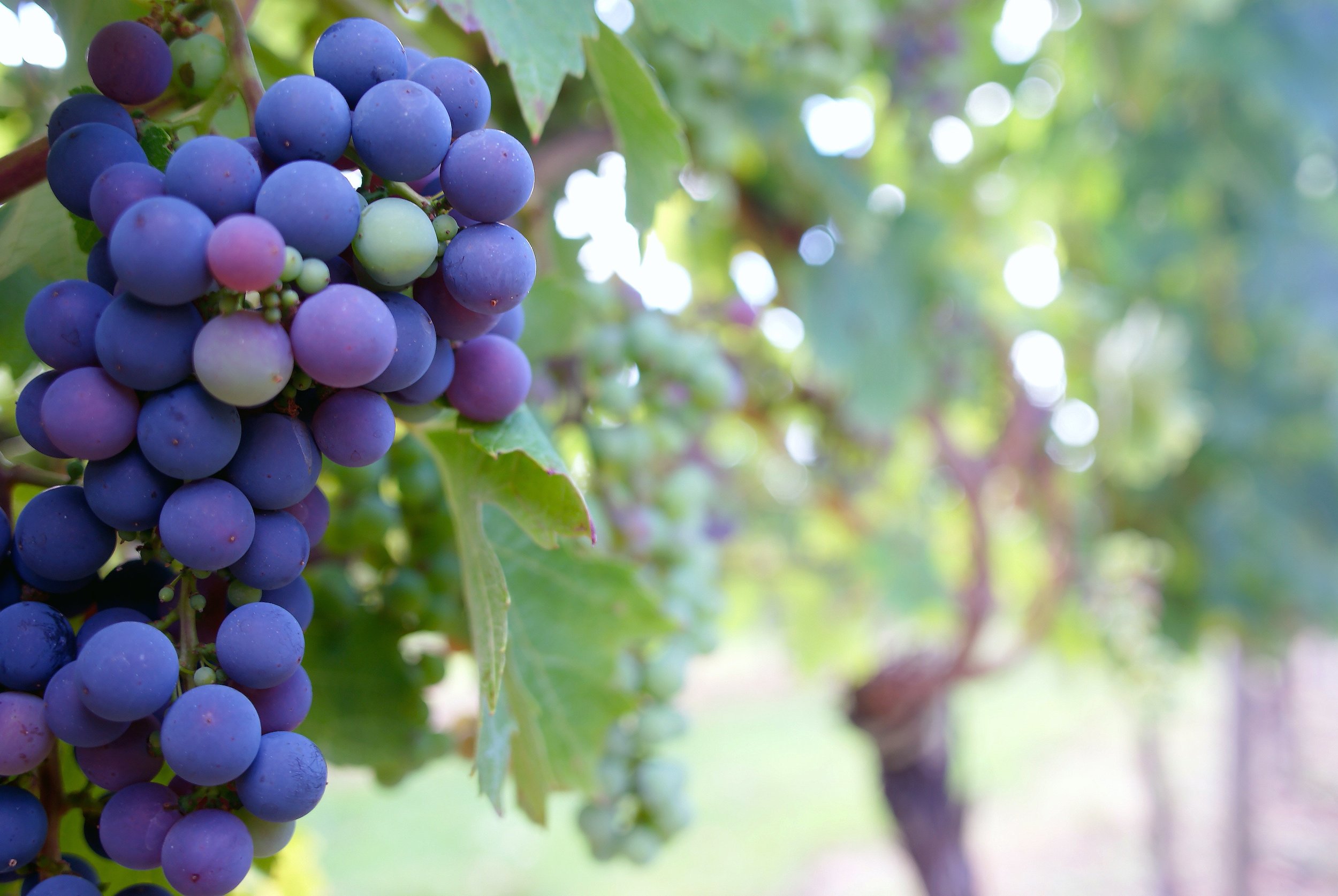wine that respects your body & the planet.
glyphosate - one of the biggest villains
According to the Environmental Working Group (EWG is a non-profit and community, working to protect our environmental health by changing industry standards) nearly 75% of non-organic fresh produce sold in the U.S. contains residues of potentially harmful pesticides.
In the EWG Shopper’s Guide to Pesticides in Produce™, grapes have long been included on their Dirty Dozen list. This is a list of fruits and vegetables that are the most contaminated with pesticides, and thereby the most important products for us all to choose organic.
Any exposure to pesticides is a problem - both for humans and our planet. European waters are heavily polluted with glyphosate and the chemical can do damage to soil microbiota, ecosystems (also aquatic), and bees.
Apart from unacceptable environmental concerns, there is an array of peer-reviewed scientific studies that show several ways pesticides can harm humans. The links between pesticides and human health issues are disturbing, to say the least. One of the biggest concerns in non-organic produce is glyphosate; the most widely used weed-killer chemical in the world.
“Common weed killer glyphosate increases cancer risk by 41%, study says”
Click here to read the CNN article.
This popular weedkiller has been shown to be both genotoxic and neurotoxic. People who have been exposed to glyphosate have cancer biomarkers in urine, and it has also been shown to infiltrate the brain which in turn increases pro-inflammatory substances and implications for neurodegenerative disorders. Yikes!
Even though the International Agency for the Research on Cancer (IARC) classified glyphosate as “probably carcinogenic to humans” (carcinogenic means causing cancer) in 2015, the chemical is still widely in use today. The European Union was scheduled to stop using glyphosate products by end of 2022, but the existing approval was recently extended by a full year so we need to wait until December 2023 to be free of this dangerous substance that causes harm to both our bodies and the planet.
But there is some good news; you can reduce your exposure to glyphosate by eating and drinking organic. Changing your diet could quickly lower the levels of this herbicide in your body. With a strictly organic diet, in just 6 days the majority of glyphosate has been cleared out, and in another 20 days or so, you can enjoy the benefits of a clean body.
And that brings us back to the topic of wine… since grapes tend to be highly contaminated by pesticides and other chemicals, if there is just one product (well, better make it all 12 from the Dirty Dozen list, but still) that you should always choose organic, it would be wine.
Bottom line: Choose organic - both your body and the planet will Thank You.
TIP: In case you want to learn more about the dangers of glyphosates and non-organic farming, watch the documentary The Need To Grow. By confirming with your email address on this page you’ll get free access to the screening.

